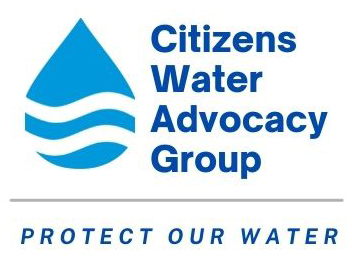The Sierra Club Grand Canyon Chapter Water Sentinels has measured the flow of the upper Verde River every month since 2007. A recent analysis of that data reveals that the upper Verde River is critically endangered and ecologically impaired due to rapidly declining flow. We are now witnessing the destruction of one of Arizona’s last surviving perennial rivers.
Fundamentally, the upper Verde is now in an extremely fragile and vulnerable condition. We must act quickly to minimize future disastrous damage to the Verde River by creating a sustainable water future for both humans and wildlife.
The Water Sentinels report is here.
In summary, the flow data from USGS and the Arizona Water Sentinels shows:
- Groundwater pumping in the Little Chino Aquifer has reduced the flow of Del Rio Springs, the historical headwaters of the Verde River, to 5% of the predevelopment flow causing the upper six miles of the river to dry up. Perennial flow now begins at Verde Springs.
- Groundwater pumping and climate change have reduced the 2024 base flow at the USGS Paulden stream gage (river mile 9.8) to a record low of 13.4 cfs. The predevelopment base flow was 28 cfs. This represents a 52% reduction in base flow.
- Since the mid 1990’s, the base flow at USGS Paulden has declined 0.36 cfs/yr. At that rate the river will be dry at USGS Paulden in four decades.
- Water Sentinels data from Perkinsville Bridge (river mile 26) indicates that the average flow for 2017-2024 at Perkinsville is 7.6 cfs less than at USGS Paulden. Therefore, a reduction in flow at USGS Paulden of 7.6 cfs may result in a dry river at Perkinsville Bridge. At the current rate of base flow decline, this may occur in two decades.
- The Endangered Species Act lists Perkinsville Bridge as Critical Habitat for three native fish, two snakes, and one bird. A dry river here will seriously affect these species.
- Recent studies of the aquatic habitat and species indicate a profound loss of native fish populations in the upper 19 miles (see the links below).
US Forest Service Habitat Analysis, 2023
Arizona Game and Fish survey of native/non-native fish between Granite Creek and Verde Ranch, 2022
Arizona Game and Fish survey of native/non-native fish between Verde Ranch and Perkinsville, 2022
Arizona Game and Fish survey of native/non-native fish between Perkinsville and Sycamore Creek, 2022
Synthesis of Upper Verde River Research and Monitoring 1993-2008 (39 mb download). Chapter 9, covering Fish and Aquatic Organisms, is the work of John Rinne, a respected native fish expert.
